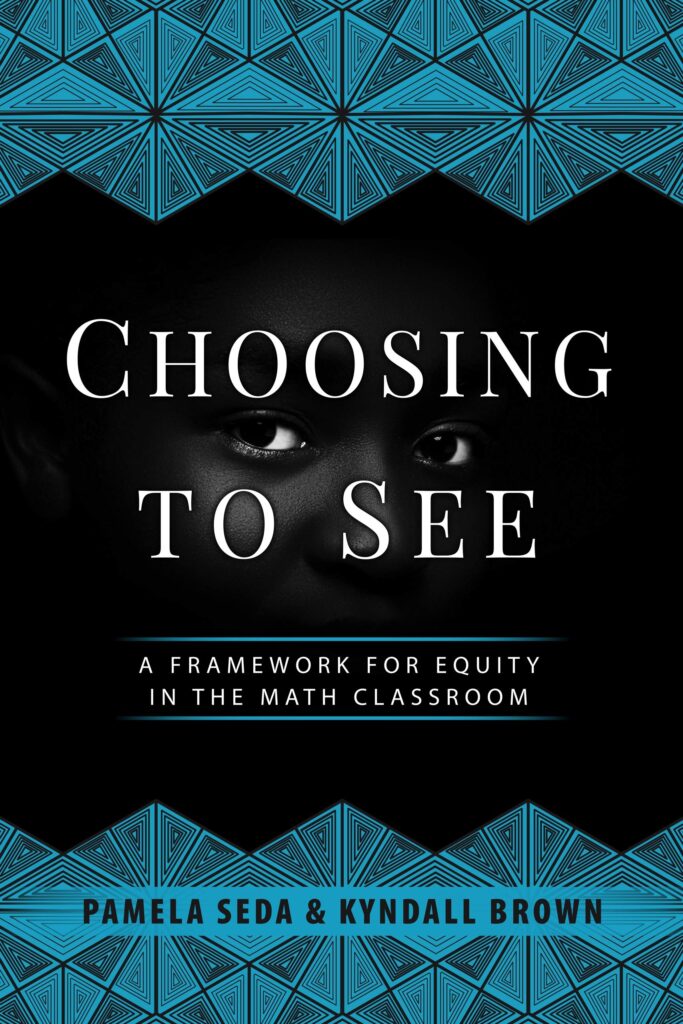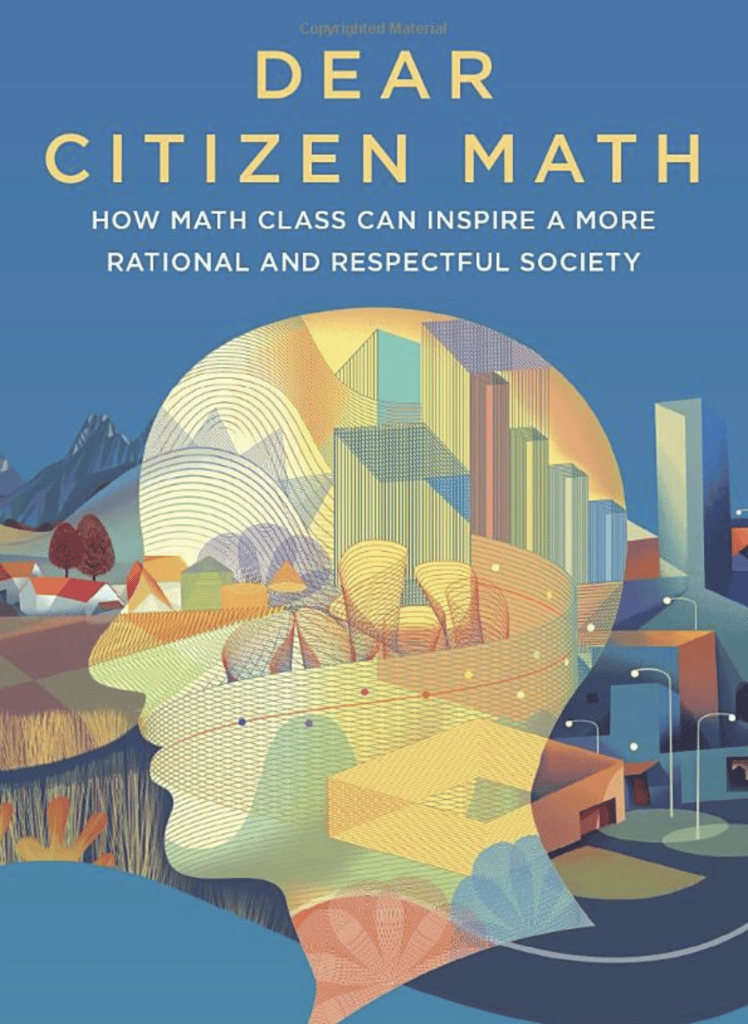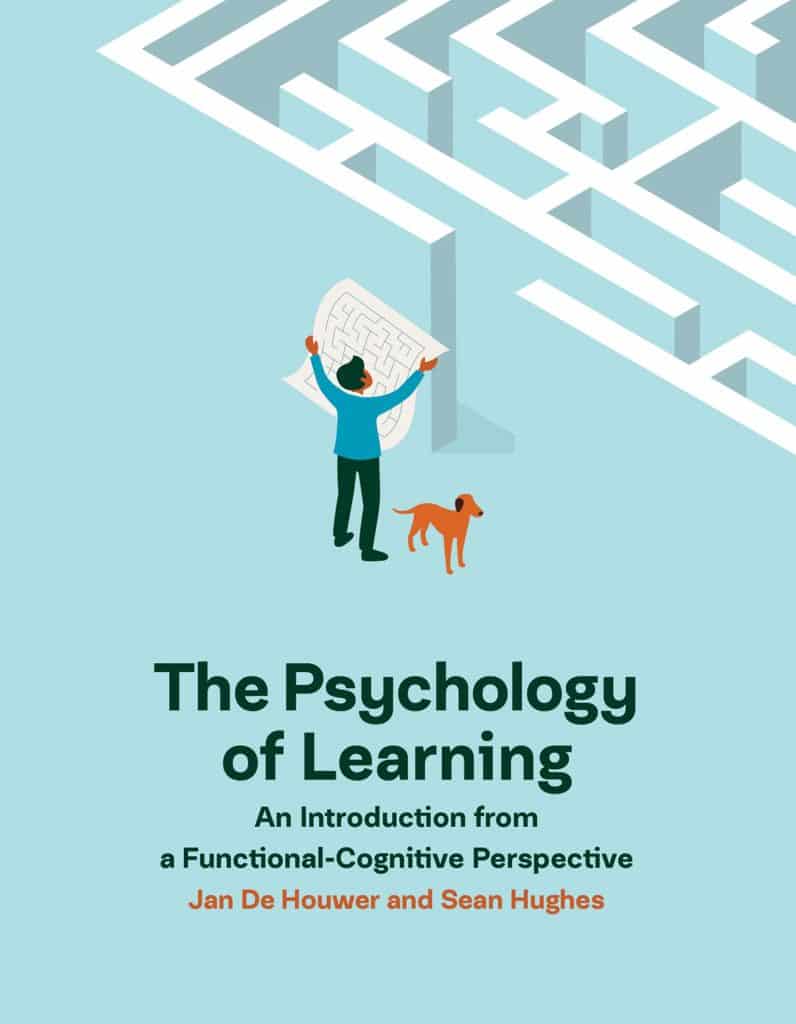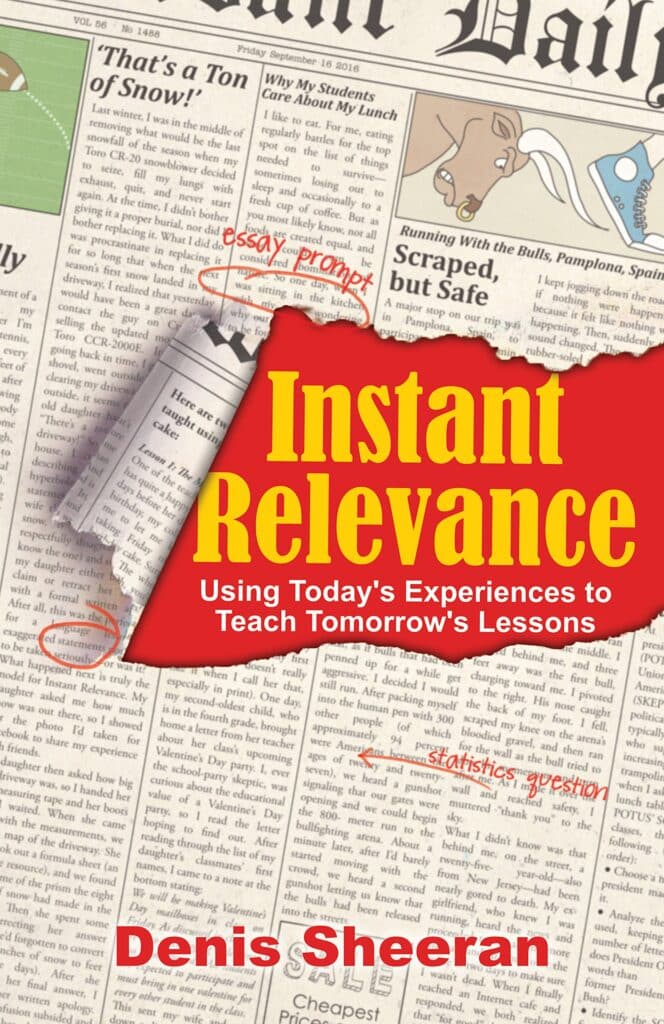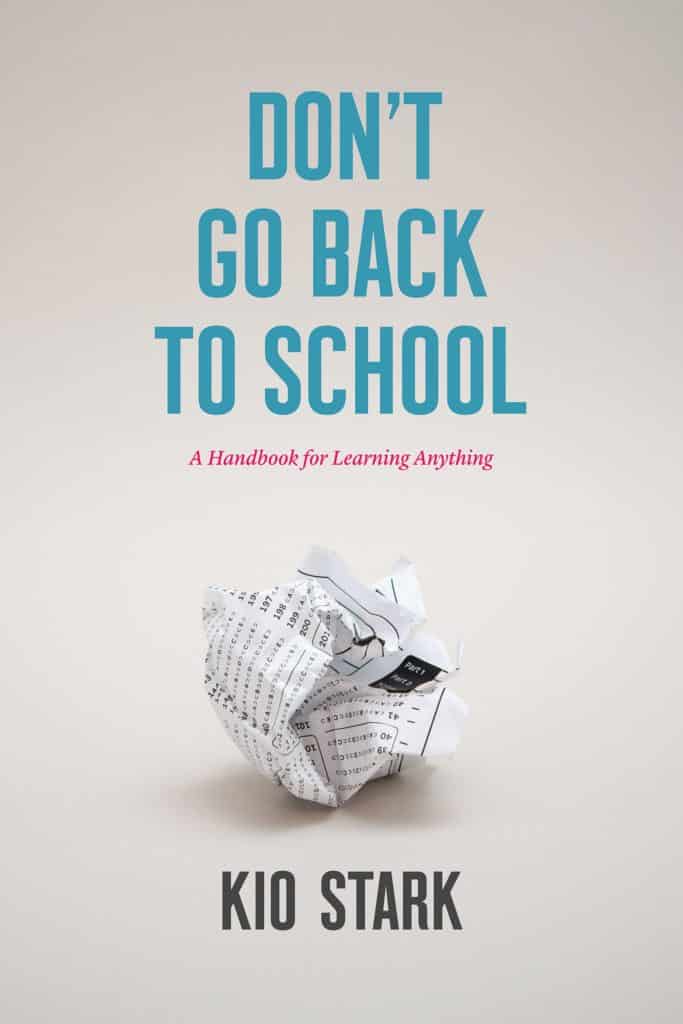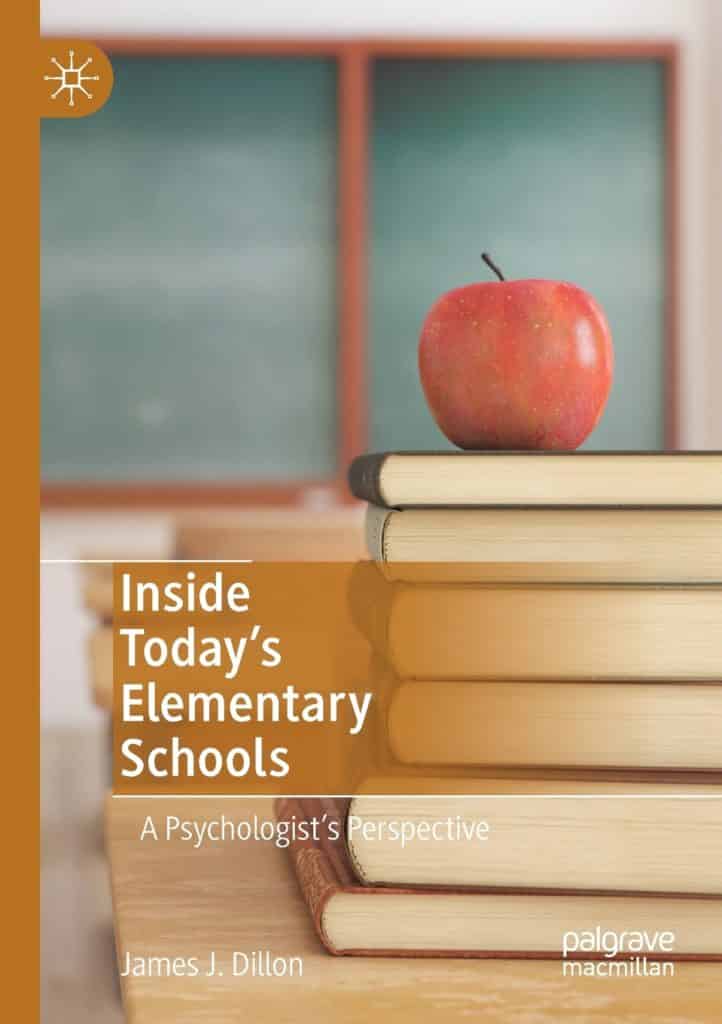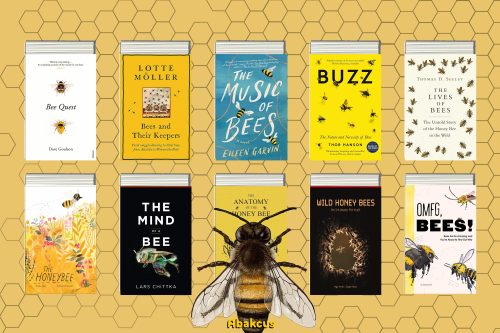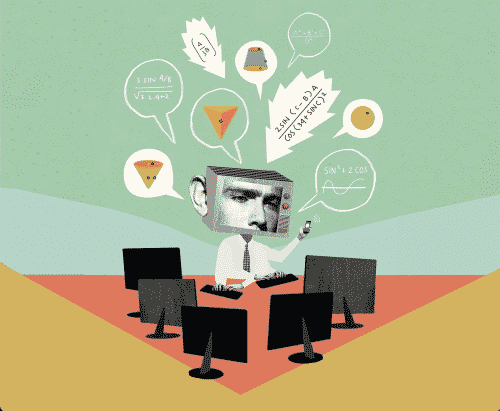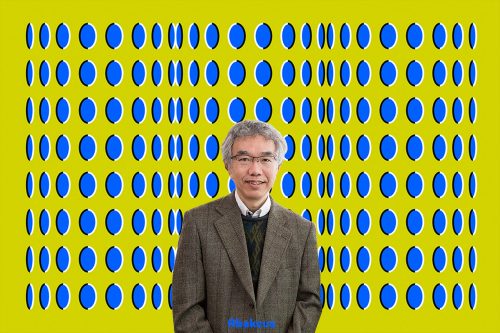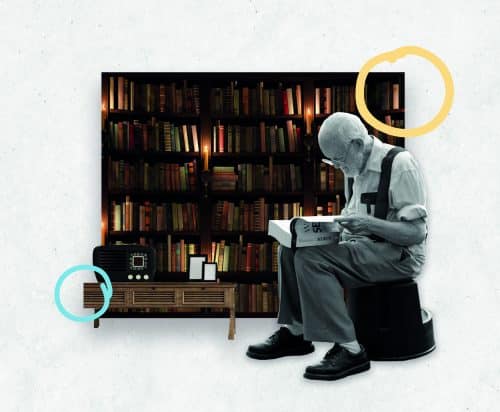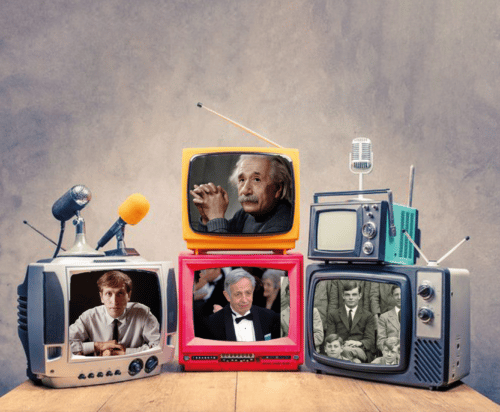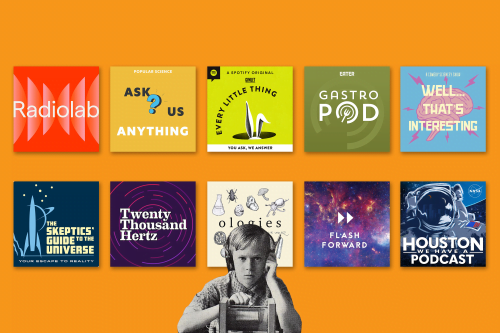In the ever-evolving landscape of education, staying informed and inspired is paramount for educators aiming to make a meaningful impact in their students‘ lives. A wealth of knowledge can be found within the pages of influential books, offering insights into innovative teaching methods, classroom management strategies, and personal development. Whether you’re an experienced teacher looking to refine your skills or a new educator on the journey to finding your footing, these carefully selected books serve as essential companions. Prepare to embark on a literary journey that will enrich your teaching practice and invigorate your passion for education.
10+ Must-Read Books for Educators
Reading is a great way for teachers to learn more, see things from different angles, and grow in their careers. This list of top books offers ideas and inspiration on a variety of topics to help educators improve. Teaching can be challenging, but by making time to read, educators can easily enhance their skills and enrich their teaching, even with a busy schedule.
Being an educator can be a tough yet rewarding job, and sometimes you might need a little inspiration and guidance along the way. This list of top 15 essential books for educators provides clear ideas and helpful strategies to renew your love for teaching. These books for educators cover topics from the core of education to understanding the mindsets that lead to success. They offer valuable lessons that can help you grow as both a lifelong learner and an educator.

In the digital era, where touchscreens and keyboards dominate our daily lives, Carol Beggy’s “Object Lessons – Pencil” emerges as a poignant reminder of the pencil‘s enduring legacy and its understated impact on the world. At a glance, a pencil might seem too trivial for a deep exploration, but Beggy masterfully proves otherwise in this concise 160-page treasure trove of history, art, and culture.
Beggy takes us on a fascinating journey that transcends mere graphite and wood, illustrating how pencils have sketched their way into the fabric of history. From the hands of renowned artists to the desks of voters in democratic elections, the pencil emerges not just as a tool for creation and expression but as a silent participant in shaping human history.
One of the book’s key insights is the pencil’s versatility. It has been an instrument for artists to bring their visions to life, a tool for carpenters to mark their measurements accurately, and a simple, yet powerful, means for individuals to make their voices heard in elections around the globe. Beggy eloquently captures this duality of simplicity and significance, making readers appreciate the pencil in an entirely new light.
“Object Lessons – Pencil” is not just a history lesson; it’s an exploration of the pencil’s continued relevance in a rapidly advancing technological landscape. Beggy challenges the notion that the digital age might render such tools obsolete. Instead, she positions the pencil as a testament to human ingenuity and creativity, a tool that adapts and endures despite the advent of digital alternatives.
The book also highlights the manufacturing evolution of the pencil, showcasing its global impact. Beggy’s narrative is a reminder of the pencil’s ubiquitous presence, from classrooms to studios, highlighting its role not just as a utilitarian object but as a catalyst for creativity and innovation.
Carol Beggy has crafted a compelling ode to the pencil, transforming what could have been a mundane topic into a captivating exploration of its role in human history and culture. Her writing is engaging and informative, serving as a testament to the power of everyday objects in our lives.
“Object Lessons – Pencil” is a must-read not only for those interested in the history of commonplace items but for anyone looking to find depth and meaning in the tools we often take for granted. Beggy invites readers to pause and reflect on the simple pencil, revealing the layers of history, art, and humanity that it contains. This book is a reminder that sometimes, the most ordinary objects have the most extraordinary stories to tell.
Are traditional educational systems holding us back? Renowned educational technology expert Mitchel Resnick certainly thinks so. In his groundbreaking book, “Lifelong Kindergarten,” Resnick challenges the status quo and argues that the kindergarten approach to learning is the key to success in our rapidly changing society.
Resnick, known for his work on innovative projects like LEGO Mindstorms robotics kits and the Scratch programming software, believes that kindergarten-style learning is not just for young children but for learners of all ages. Drawing inspiration from Friedrich Froebel, who revolutionized education with the first kindergarten in 1837, Resnick outlines how this approach fosters creativity and equips individuals with the skills needed to thrive in an unpredictable world.
Is the current educational system preparing our children for the future, or is it stuck in a bygone era? Resnick challenges conventional thinking and argues that we should prioritize helping young minds develop their ideas, goals, and strategies instead of merely following instructions and rules.
From a personal standpoint, Resnick’s ideas hit close to home. As a parent of a six-year-old, the urgency to promote a growth mindset and encourage experimentation for my daughter’s future is palpable. And from a professional perspective, Resnick’s belief in creative thinking as the key to navigating a rapidly changing world resonates strongly. Unlocking our creative potential and embracing a mindset of agility and innovation could be the key to shaping the future.
To summarize, it’s time to rethink education and embrace the limitless power of kindergarten-style learning. Lifelong Kindergarten is an insightful book for anyone who wants to be a lifelong learner. It dives into how people can stay creative and engaged with life through exploration and play. He covers topics such as technological tools, creativity, collaboration, and constructionism which provide insights into how people can create meaningful experiences throughout their life.
Educated, a memoir by Tara Westover, is a poignant and gripping narrative that takes readers on an emotional and intellectual odyssey. It’s a story of a young girl who overcomes the odds to gain knowledge and self-awareness, all while grappling with the conflicting pulls of familial loyalty and personal growth.
Born into a family of survivalists in the remote mountains of Idaho, Tara Westover’s upbringing was anything but conventional. She was seventeen when she first set foot in a classroom, having been kept out of school by her parents, who were deeply suspicious of the government and mainstream society. The isolation was so intense that the family did not even seek medical help when needed, often relying on herbal remedies and homemade concoctions. This lack of formal education and medical care formed a backdrop of uncertainty and danger, exacerbated by the violent behavior of one of Tara’s older brothers.
The turning point in Tara’s life came when another brother managed to get himself into college. Inspired and determined to change her own fate, Tara began to educate herself. With tenacity and an insatiable thirst for knowledge, she taught herself enough mathematics, grammar, and science to gain admission to Brigham Young University. Her quest for self-education didn’t stop there; it eventually took her to Harvard and Cambridge University, where she earned a PhD in history.
One of the central themes of Educated is transformation. Tara’s journey from the rugged mountains of Idaho to the hallowed halls of Cambridge is nothing short of remarkable. However, this transformation comes at a considerable cost. Her pursuit of education creates a chasm between her and her family, leading to heartbreaking estrangements and forcing her to question her own identity and place in the world. The memoir explores the tension between the desire for self-improvement and the deep-seated need for familial acceptance.
Westover’s writing is both raw and eloquent, capturing the complexities of her upbringing and the emotional turmoil she endured. The memoir is not just about the physical act of gaining an education; it’s about the broader implications of what it means to be educated. It’s a story of resilience, courage, and the power of education to transform lives.
Educated is an unforgettable memoir that offers a powerful look at the importance of education and the indomitable human spirit. Tara Westover’s story is a testament to the extraordinary lengths one can go to in the pursuit of knowledge and self-discovery. It’s a must-read for anyone interested in themes of personal growth, resilience, and the quest for identity.
If you haven’t yet picked up this incredible memoir, you’re missing out on a compelling and inspiring read.
Choosing to See: A Framework for Equity in the Math Classroom by Pamela Seda is a timely and essential book for educators dedicated to fostering equitable learning environments. In a world where STEM careers are increasingly crucial, math proficiency is a gateway to numerous opportunities. However, many students, especially those from minority backgrounds, often find themselves at a disadvantage. Seda’s book provides a comprehensive guide to creating math classrooms that cater to the needs of all students, particularly Black and Brown students who are frequently underserved.
At its core, Choosing to See seeks to rectify the disparities in math education. Seda emphasizes the importance of equity, stressing that all students, regardless of their background, deserve the opportunity to succeed in mathematics. She provides actionable strategies for educators to create more inclusive and supportive classroom environments.
Seda underlines the critical role that STEM education plays in today’s job market. By improving math education, we can open doors for students to pursue careers in science, technology, engineering, and mathematics. The book highlights how foundational math skills are essential for students entering these fields and offers practical solutions to help them develop these skills.
A significant portion of the book is dedicated to addressing the needs of Black and Brown students. Seda acknowledges the systemic issues that have historically marginalized these groups in education and provides targeted interventions to support their success. Her approach is both compassionate and practical, offering educators the tools they need to make a real difference.
The book is structured to provide a clear and logical progression of ideas, making it accessible to educators at all levels. Seda blends theoretical insights with practical applications, ensuring that readers can implement her strategies in their own classrooms.
One of the standout features of Choosing to See is its focus on practical interventions. Seda provides a range of techniques that educators can use to create more equitable math classrooms. These include differentiated instruction, culturally responsive teaching, and strategies for building a supportive classroom culture.
Throughout the book, Seda includes case studies and real-world examples that illustrate her points. These anecdotes not only bring the content to life but also provide concrete examples of how her framework can be applied in different educational settings.
Seda encourages readers to reflect on their own practices and consider how they can contribute to a more equitable education system. Each chapter includes reflection questions and action steps, making it a highly interactive and engaging read.
Choosing to See: A Framework for Equity in the Math Classroom is an invaluable resource for educators seeking to create more inclusive and supportive learning environments. Pamela Seda’s compassionate and practical approach offers a roadmap for addressing the disparities in math education, ensuring that all students have the opportunity to succeed. This book is a must-read for anyone committed to fostering equity in education.
Dear Citizen Math by Karim Ani is more than just another math book. It presents an inspiring vision of how math classes can evolve into platforms for discussing and debating important societal issues. This book is a must-read for educators who wish to make math more engaging and impactful for their students.
One of the central themes of Dear Citizen Math is the potential of math classes to foster more rational and respectful citizens. Ani argues that mathematics is not just about numbers and equations but is also a powerful tool for understanding and analyzing real-world situations. By integrating societal issues into math problems, educators can help students develop a deeper commitment to reason and critical thinking.
Ani excellently bridges the gap between abstract algorithms and the reality around us. He provides numerous examples of how math can be applied to understand and solve real-world problems, from healthcare reform to recognizing fake discounts. This approach not only makes math more relevant to students but also empowers them to use their mathematical skills to make sense of the world.
Another vital theme in the book is empowerment. Dear Citizen Math is an invaluable resource for educators looking to make their math classes more engaging. It offers fresh insights and practical strategies for sparking discussions and debates about modern societal issues using mathematics. This, in turn, helps students see the value of math beyond the classroom and empowers them with knowledge that is applicable to everyday life.
In Dear Citizen Math, Karim Ani has crafted a profound and practical guide for educators who want to transform their math classes into platforms for meaningful social discourse. The book’s emphasis on using math to inspire rational, respectful discussions on important topics is both timely and necessary. By following Ani’s vision, educators can bridge the gap between algorithms and reality, ultimately fostering a more well-informed and thoughtful citizenry.
Jan De Houwer’s The Psychology of Learning offers a comprehensive look into the intricate mechanisms of learning that unite all living things, from basic microorganisms to complex humans. With a rich history spanning over a century of psychological research, this book masterfully bridges the gap between behavior analysis and cognitive science, making it a valuable resource for students, researchers, and anyone keen to understand the science behind learning.
Throughout the book, boxed text sections extend the discussion on particular themes, offering deeper insights and encouraging readers to explore topics further.
The Psychology of Learning is versatile in its appeal. It serves as an introductory textbook for undergraduate and graduate students studying the psychology of learning. Additionally, researchers focusing on behavior and cognition will find it a valuable reference guide.
Jan De Houwer’s The Psychology of Learning is a meticulously researched and thoughtfully written book that offers profound insights into the mechanisms of learning. By integrating functional and cognitive approaches, it provides a holistic view of how we learn and how this knowledge can be applied to enhance human wellbeing. Whether you’re a student, a researcher, or simply curious about the psychology of learning, this book is a must-read.
“
Instant Relevance by Denis Sheeran is a beacon of inspiration for educators seeking to make their math classrooms more engaging and meaningful. Structured like a series of blog posts or heartfelt letters, each chapter vividly captures Sheeran’s efforts to bridge the gap between theoretical math and real-world applications.
The book’s primary theme is the concept of “instant relevance” — the idea that educators can draw from everyday experiences to make lessons more impactful and engaging. Sheeran’s anecdotes and practical advice demonstrate how to move beyond textbook equations to create a dynamic learning environment. He champions the idea that real-world problems can serve as powerful teaching tools, helping students to see the mathematical underpinnings of the world around them.
One of the book’s strengths is Sheeran’s ability to connect with his readers through personal stories. His trials and tribulations serve as both a guide and a source of motivation for educators. The narrative style makes the book an easy and enjoyable read, while the insights and lessons are profound and actionable.
Instant Relevance is not just another educational book; it is a call to action for educators to rethink their teaching methods. By drawing on real-world problems and experiences, teachers can make math more engaging and relevant for their students. Denis Sheeran’s book is a must-read for any educator looking to invigorate their classroom and inspire a love for learning in their students.
In today’s evolving educational landscape, the concept of learning is no longer confined to the four walls of a classroom. Kio Stark’s book, “Don’t Go Back to School: A Handbook for Learning Anything,” is an illuminating guide that challenges traditional schooling and reveals how anyone can acquire knowledge and skills without the need for a formal education.
The central theme of Stark’s book revolves around the notion that learning isn’t limited to the classroom. Stark argues that traditional schooling and college degrees are becoming increasingly unnecessary as more people find alternative ways to gain the instruction, inspiration, and understanding they need outside of institutional settings.
Based on extensive research and interviews with over 100 independent learners, Stark outlines how individuals from various backgrounds have successfully taught themselves everything they needed to know. The book offers actionable strategies and tools for anyone looking to become an independent learner, presenting a practical roadmap for self-education.
One of the most compelling messages in the book is that you don’t need to alter your lifestyle or financial situation to pursue education. Stark emphasizes that learning can be flexible and accessible, making it possible for anyone to gain the knowledge they need without the constraints of traditional education systems.
“Don’t Go Back to School” is more than just a motivational read; it’s a practical manual. It provides specific tactics and resources to help readers get started on their independent learning journeys. From online courses and community workshops to self-directed projects and peer learning groups, Stark offers a plethora of options to explore.
Don’t Go Back to School is a must-read for anyone considering traditional higher education but feeling the pull towards independent learning. Stark’s detailed research, combined with the inspiring stories of self-taught individuals, makes this book a crucial resource for modern learners.
If you’re ready to take control of your education and learn on your own terms, Kio Stark’s handbook provides the tools and motivation you need to succeed.
James J. Dillon’s Inside Today’s Elementary Schools offers a penetrating look into the realities of public elementary schools through the discerning eyes of a psychologist. This book is an essential read for parents, educators, and stakeholders who seek to understand the intricate dynamics of modern classrooms and the pressing need for reform.
Dillon sets the stage by taking readers on a detailed tour of a typical day in an elementary school, highlighting ten critical concerns that plague today’s educational systems. This immersive approach provides an authentic glimpse into the daily grind of students and educators, making the issues more relatable and urgent.
One of the central themes of Dillon’s work is the necessity for transformation within the educational landscape. He argues for schools to become exciting learning environments with purposeful instruction. Dillon advocates for smaller class sizes to optimize time and efficiency, ensuring that every moment is directed towards meaningful learning.
Dillon challenges the status quo by proposing that schools should be managed by rotating teacher administrators rather than career managers. He contends that this change would reduce the oppressive layers of bureaucracy that currently hinder educational progress.
The book critiques the one-size-fits-all approach to education, especially the obsession with a rigorously evaluated college prep curriculum. Dillon emphasizes the importance of a diverse educational experience tailored to prepare students for healthy adult lives within a democratic society.
For schools to succeed, Dillon believes they must be staffed by knowledgeable and committed teaching professionals. Additionally, he stresses the vital role of family support and involvement in the educational process. According to Dillon, a partnership between schools and families is crucial for fostering a conducive learning environment.
Dillon advocates for classrooms dedicated to clear and focused curricula, catering to restricted ability ranges. This approach aims to ensure that every student receives the attention and resources they need to thrive academically.
James J. Dillon’s Inside Today’s Elementary Schools is a thought-provoking and timely examination of the current state of elementary education. His insights offer a roadmap for reform, emphasizing the need for engaged educators, supportive families, and a shift away from bureaucratic constraints. Dillon’s vision for future schools is one of inspiration and practicality, making this book a valuable resource for anyone invested in the future of education.
If you’re interested in understanding the complexities of modern elementary education and exploring actionable solutions, this book is a must-read. Join Dillon on this enlightening tour and discover how we can transform our schools into vibrant, purposeful institutions for the next generation.
Dr. Montessori’s Own Handbook by Maria Montessori is an essential read for anyone interested in early childhood education. Originally written in response to the requests of thousands of American parents and teachers, this short yet insightful book provides a comprehensive guide to setting up a Montessori classroom. It offers practical advice on using various Montessori materials to create an environment where children can learn independently at their own pace.
One of the central themes of the book is the concept of the “children’s house,” an educational environment tailored to foster independent learning. Montessori emphasizes that the role of the adult—be it a parent or a teacher—is to facilitate rather than direct the child’s learning. The goal is to enable children to be their own masters, free to explore and learn at a pace that suits them best.
Montessori’s detailed descriptions of classroom materials like frames for lacing and buttoning, geometrical wooden inserts, sound cylinders, sandpaper letters, and colored numerical rods are invaluable. These tools are designed to stimulate various cognitive skills such as observation, recognition, judgment, and classification.
A noteworthy feature of Montessori materials is their self-correcting nature. These “teaching machines” allow children to realize their own mistakes and learn from them. Such an approach encourages problem-solving skills and promotes a sense of independence and confidence in young learners.
Montessori places a strong emphasis on sensory education. The materials aim to hone the child’s visual, auditory, and tactile perceptions. This multi-sensory approach ensures a holistic development of the child’s cognitive abilities.
Montessori stresses that each child interacts with the materials differently. This individualized approach ensures that each child’s unique learning style is respected and nurtured. The adult’s role is to allow the child to experiment, perceive mistakes, and take risks in their learning process.
Dr. Montessori’s Own Handbook is a timeless resource that remains relevant in today’s educational landscape. Maria Montessori’s pioneering ideas about child-centered education continue to inspire educators and parents alike. Whether you are a parent looking to implement Montessori principles at home or an educator seeking to enrich your classroom, this book offers invaluable insights into creating a nurturing and stimulating learning environment.





